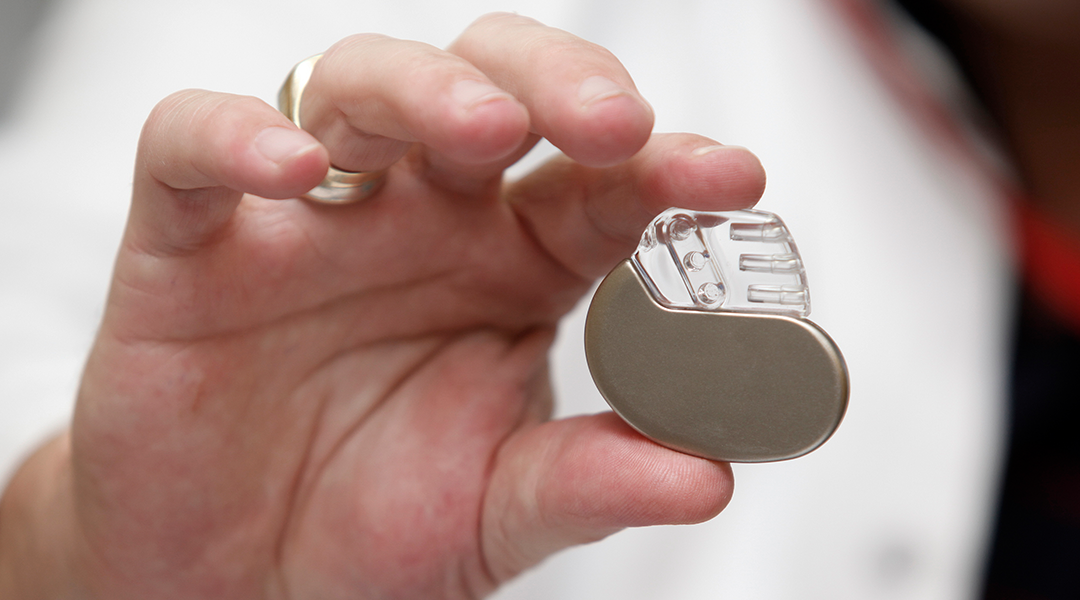A medical implant is an artificial device or tissue used to replace damaged body structures or to enhance an existing structure. Implants are used for a variety of functions, including cardiovascular, orthopedic, neurological, and dental ailments. However, when a device is implanted, issues may occur. Risk and complications associated with implants include infection, surgical failure, and a failure of the actual implant itself. So, what should you do if you have a defective medical implant?
Have you Experienced Medical Malpractice? Click Here to Learn More
Most Common Implants
Common implants include cardioverter defibrillators, artificial hips, heart pacemakers, breast implants, spinal screws, rods and artificial discs, intra-uterine devices, metal screws, pins, plates, and rods, artificial knees, coronary stents, ear tubes, and artificial eye lenses.
While medical implants provide great relief for a variety of health issues, unfortunately, there’s also a history of suffering resulting from defective implants. Typically, this involves an implant whose design is unable to handle the environment or required movements. There has been a wide variety of such failures, including metal on metal hip replacements—which resulted in friction and decay of the joint and the release of metal particles throughout the body. Other issues include vaginal mesh, birth control devices, and pacemakers.
What to do if You Have a Defective Implant
If you’ve been implanted with a device that has proven to be defective, it’s likely the manufacturer will notify you of the problem. If you receive such a notification, it’s recommended that you follow up with your treating doctors so they can undertake an evaluation to see the status of your implant and to provide you with information on what steps to take next.
The United States Food & Drug Administration maintains a medical device reporting system for problems with defective medical implants and related devices. There are procedures for both consumers/patients and for doctors or health professionals to report problems with a medical implant device. The FDA also maintains a database, known as “MAUDE” which allows users to search for and report defects with medical devices.
Contact Foley & Small
If you have suffered injury or other complications or symptoms as a result of a defective medical implant, you should also consider hiring an attorney to help you bring a claim to address the problems that you have or will confront as a result of the defective implant. At Foley & Small, we have years of experience in handling cases involving a variety of defective medical implants and pharmaceutical drugs. We have experience in such cases and are a local firm familiar with the courts here in Indiana and southern Michigan who can provide you with the personal attention that you should expect in the handling of your case.









